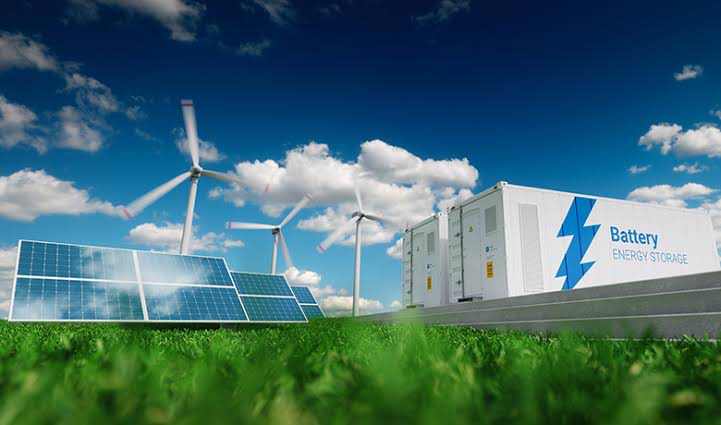Africa is facing the challenge of ensuring energy security while combatting climate change. The continent is turning to smart energy solutions and efficiency as strategic tools to unlock its full potential. The International Energy Agency’s (IEA) 2022 report on Africa’s energy outlook highlights a shift from merely expanding energy generation capacity to optimizing energy consumption. This approach aims to minimize reliance on costly fossil fuels and promote sustainable development across the continent.
In 2024, Africa will focus on reducing energy waste as part of its energy strategy, which can free up resources for further development and foster a sustainable energy future. New financing models are emerging to make energy-efficient technologies more affordable and accessible, encouraging widespread adoption.
According to the Africa Energy Portal hosted by the African Development Bank (AfDB), several trends are reshaping the energy efficiency landscape in Africa. These include the integration of battery energy storage systems (BESS) with renewable sources like solar, the rise of smart grids, and the implementation of demand-side management (DSM) policies.
The integration of BESS with renewable sources is transforming the energy sector by storing excess power generated during peak periods, thus making solar energy a more reliable option even after sunset. This trend is poised to gain more traction, as noted by Paul van Zijl, Group CEO at Starsight Energy, who views it as a pivotal development for the African energy sector.
The adoption of smart grids, including smart meters, allows consumers to actively manage their energy usage and helps utilities better manage the grid. These systems provide valuable data that can lead to targeted interventions and behavioral changes, significantly reducing energy waste and improving the management of grid assets.
Demand-side management (DSM) is increasingly recognized for its role in reshaping load profiles to match variable renewable energy generation, reducing peak load and seasonality, and lowering electricity generation costs by shifting load from high-price periods to those with lower prices. This flexibility is essential for integrating renewable energy sources more effectively into the grid.
International organizations such as the IEA are supporting African countries in developing and implementing effective energy efficiency policies. Initiatives like the Africa Energy Efficiency Policy in Emerging Economies Training Week, held in Nairobi in March 2024, are equipping policymakers with the tools needed for successful policy implementation. Similarly, in South Africa, the Department of Mineral Resources and Energy, along with the South African National Energy Development Institute (SANEDI), offers various training programs to support municipalities and energy service companies.
New financing models are crucial in bridging the gap to make energy-efficient technologies accessible. These models often combine diverse energy technologies and services, offering consumers a convenient and potentially more affordable path toward energy efficiency.
Despite significant progress, several challenges remain. These include issues related to financing, capacity building, and consumer awareness. Innovative financing models paired with targeted government incentives are necessary to increase the affordability and adoption of energy-efficient interventions. Additionally, capacity-building programs are vital for equipping local businesses and individuals with the skills required to develop, install, and maintain efficient equipment.
Increasing consumer awareness about the benefits of energy efficiency is crucial for encouraging behavioral changes and driving demand for efficient solutions. The momentum around energy efficiency in Africa is growing, and by embracing innovation, collaboration, and strategic approaches to energy use, Africa can pave the way toward a future built on sustainability, security, and prosperity.
Investing in energy efficiency not only brings cost savings but also contributes to environmental protection, improved health outcomes, and job creation. These benefits are critical for Africa as it seeks to develop sustainably and provide opportunities for its growing youth population.
Africa’s commitment to smart energy solutions and efficiency is more than a policy choice; it is a necessity for its economic stability and environmental sustainability. As the continent continues to innovate and adapt, the prospects for a brighter, more efficient energy future become increasingly attainable.
Source: ESI Africa



